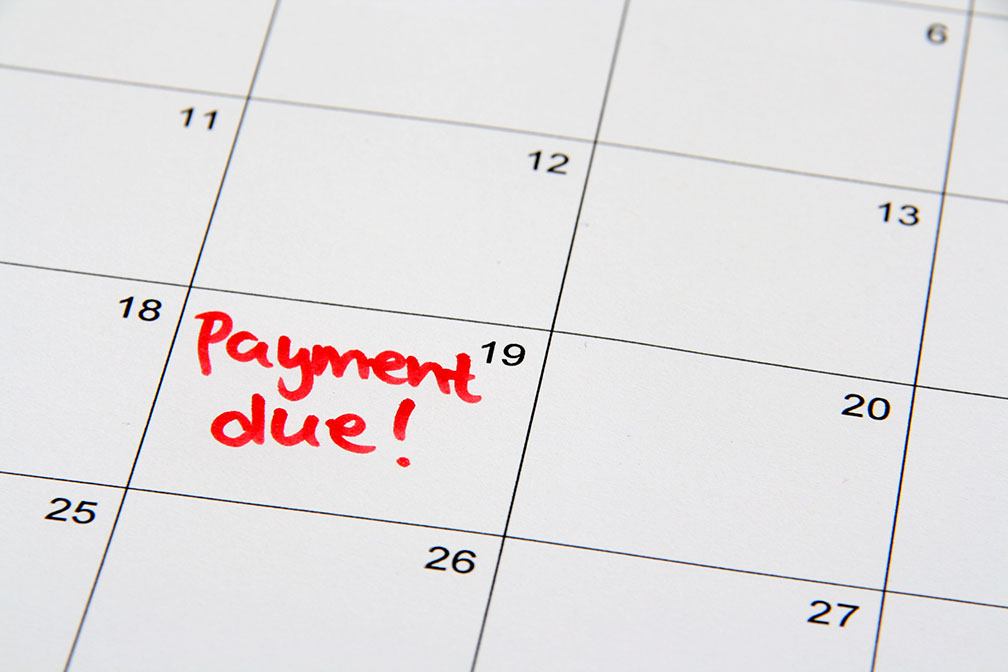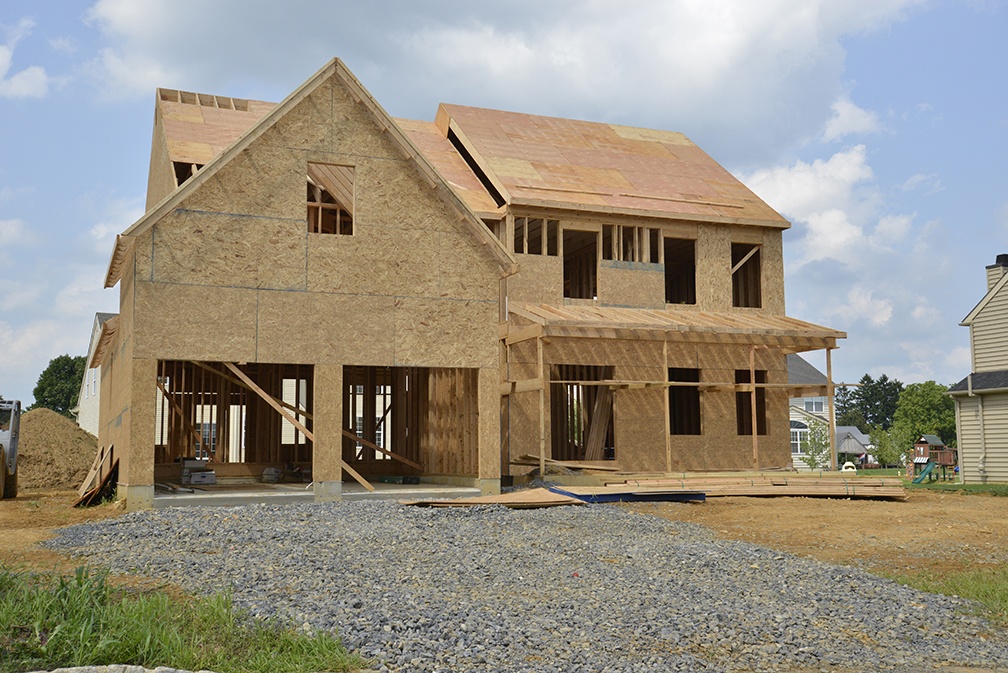What’s Ahead For Mortgage Rates This Week – January 8, 2018
 Last week’s economic reports included readings on construction spending, minutes of the most recent meeting of the Fed’s Federal Open Market Committee. Labor reports including ADP, Non-Farm Payrolls, and national unemployment were released along with weekly readings on mortgage rates and new jobless claims.
Last week’s economic reports included readings on construction spending, minutes of the most recent meeting of the Fed’s Federal Open Market Committee. Labor reports including ADP, Non-Farm Payrolls, and national unemployment were released along with weekly readings on mortgage rates and new jobless claims.
Construction Spending Rises; Driven by Residential Building
Residential construction drove November construction spending surpassed expectations of a 0.50 percent increase; Overall, construction spending rose by 0.80 percent in November. Residential construction was up 7.90 percent year-over-year. Single-family home construction rose 8.90 percent year-over-year. Rising rates of single-family construction is good news for homebuyers, who have faced obstacles due to short inventories of available homes. Analysts expected Q4 2017 construction pace to be the highest since Q1 2016.
While more homes for sale could help ease rapidly rising home price, rising mortgage rates could sideline first-time and moderate-income buyers, but Fed policymakers had mixed opinions about raising the federal funds rate forecast for 2018.
Fed Policy Makers Divided Over Projected Interest Rate Hikes
Minutes for the FOMC meeting held December 12 and 13 reflected varied views among Committee members about three projected interest rate hikes in 2018. Analysts watch Fed policy decisions carefully as raising the target federal funds rate typically causes mortgage rates and consumer lending rates to rise.
Labor markets continued to grow and although mortgage lending standards eased somewhat, lenders remained reluctant to fund mortgages and auto loans for those with low credit scores. Inflation hovered beneath the Fed’s objective of two percent, but FOMC members voted to raise the target federal funds rate of 1.25 to 1.50 percent. This increase remained within the accommodative range according to FOMC members.
Mortgage Rates, New Jobless Claims
Average mortgage rates were lower across the board last week. Rates for 30-year fixed rate mortgages averaged 3.95 percent which was four basis points lower than the previous week. Rates for a 15-year fixed rate mortgage were six basis points lower at an average of 3.38 percent; rates for 5/1adjustable rate mortgages averaged 3.45 percent. Discount points averaged 0.50 percent for fixed rate mortgages and 0.40 percent for 5/1 adjustable rate mortgages.
New jobless claims rose by 3000 claims to 250,000 new claims, which exceeded expectations of 240,000 new claims and prior week’s reading of 247,000 first-time jobless claims. December readings for the labor sector included ADP payrolls, which tracks private-sector jobs. 250,000 jobs were added in December as compared to November’s reading of 185,000 jobs added. The Commerce Department reported 148,000 new public and private sector jobs added in December against November’s reading of 252,000 jobs added. Analysts expected 195,000 new jobs to be added in December. National unemployment held steady at 4.10 percent, which matched expectations and November’s reading.
 Are you the type of person that struggles with remembering to pay their bills on time? You’re not alone. People across the country regularly submit late monthly payments, inflicting terrible damage to their credit. Let’s take a quick look at how paying your loan or other monthly payments late can have a negative impact on your mortgage.
Are you the type of person that struggles with remembering to pay their bills on time? You’re not alone. People across the country regularly submit late monthly payments, inflicting terrible damage to their credit. Let’s take a quick look at how paying your loan or other monthly payments late can have a negative impact on your mortgage. Have you been hunting for a new house without finding one that suits your needs? If so, one option that you may want to consider is building a new construction home on a choice piece of land. In today’s blog post we will explore a few different mortgage options for those who are looking to build a brand-new home.
Have you been hunting for a new house without finding one that suits your needs? If so, one option that you may want to consider is building a new construction home on a choice piece of land. In today’s blog post we will explore a few different mortgage options for those who are looking to build a brand-new home.